Type 2 diabetes management has been revolutionized by GLP-1 receptor agonists like Ozempic (Semaglutide) and Mounjaro (Tirzepatide). While both medications are effective in controlling blood sugar and offering additional health benefits, they have unique features that make them suitable for different patient needs. This blog delves into the mechanisms, efficacy, and considerations for both medications to help you make an informed decision.
What Are Ozempic and Mounjaro?
Ozempic (Semaglutide)
- Mechanism of Action:
- A GLP-1 receptor agonist that mimics the natural GLP-1 hormone to regulate blood sugar and reduce appetite.
- Indication:
- FDA-approved for managing Type 2 diabetes and reducing the risk of cardiovascular events in high-risk patients.
- Additional Benefits:
- Promotes moderate weight loss as a secondary effect.
Mounjaro (Tirzepatide)
- Mechanism of Action:
- A dual GLP-1 and GIP receptor agonist that enhances glucose metabolism and fat utilization.
- Indication:
- FDA-approved for managing Type 2 diabetes, with significant weight loss benefits.
- Additional Benefits:
- Targets both appetite and metabolic pathways for superior efficacy.
Efficacy Comparison
Ozempic
- Blood Sugar Control:
- Reduces HbA1c levels by up to 1.5%.
- Weight Loss:
- Clinical trials report average weight loss of 4-6% in patients with diabetes.
- Cardiovascular Benefits:
- Reduces the risk of major cardiovascular events like heart attacks and strokes by approximately 26%.
Mounjaro
- Blood Sugar Control:
- Demonstrates superior HbA1c reductions of up to 2.1%.
- Weight Loss:
- Patients experience an average weight reduction of 15-22.5%, depending on dosage.
- Dual Mechanism Advantage:
- GIP activation amplifies insulin sensitivity and fat metabolism, making it highly effective for both glucose and weight management.
Cost and Accessibility
- Ozempic:
- Monthly cost ranges from $800 to $1,200 without insurance.
- Often covered by insurance for diabetes management.
- Mounjaro:
- Similar price range as Ozempic, though slightly higher due to its dual-action mechanism.
- Insurance coverage varies and may require prior authorization.
Both medications may have compounded alternatives for patients seeking cost-effective options, though these lack FDA approval.
Safety and Side Effects
Common Side Effects
- Ozempic:
- Nausea, diarrhea, and mild headaches.
- Rare risk of pancreatitis or gallbladder issues.
- Mounjaro:
- Similar side effects, but with a slightly higher incidence of gastrointestinal discomfort due to dual agonism.
Serious Risks
- Both medications are contraindicated for individuals with a history of medullary thyroid cancer or pancreatitis.
- Regular monitoring is essential to ensure safety.
Choosing the Right Medication
Who Should Choose Ozempic?
- Patients with a primary focus on diabetes management and moderate weight loss goals.
- Individuals seeking an FDA-approved medication with extensive cardiovascular benefits.
- Those with insurance coverage that prioritizes Ozempic over other options.
Who Should Choose Mounjaro?
- Patients requiring maximum weight loss alongside diabetes management.
- Individuals with complex metabolic needs that benefit from dual GLP-1 and GIP mechanisms.
- Those willing to explore newer medications with enhanced efficacy.
Expert Insights
- Dr. Emily Ross, Endocrinologist:
- “Ozempic and Mounjaro are both highly effective for Type 2 diabetes, but their differences lie in patient-specific needs. Mounjaro’s dual mechanism provides superior weight loss for those who need it.”https://www.health.com/mounjaro-vs-ozempic-8380183?
- Dr. Michael Stevens, Pharmacist:
- “Patients should discuss insurance coverage and side effect profiles with their provider to determine the best option. Both medications require consistent monitoring for optimal results.”https://www.nejm.org/doi/pdf/10.1056/NEJMoa2107519?
Final Thoughts
Ozempic and Mounjaro represent significant advancements in the treatment of Type 2 diabetes. While Ozempic is a proven option with strong cardiovascular benefits, Mounjaro offers enhanced efficacy for patients with complex metabolic needs. Choosing the right medication depends on your health goals, financial considerations, and medical history.
At UrgentCare.com, we’re here to guide you through the decision-making process and connect you with trusted providers.
Visit Urgentcare.com today to explore how these GLP-1 therapies can improve your diabetes management and overall health.


